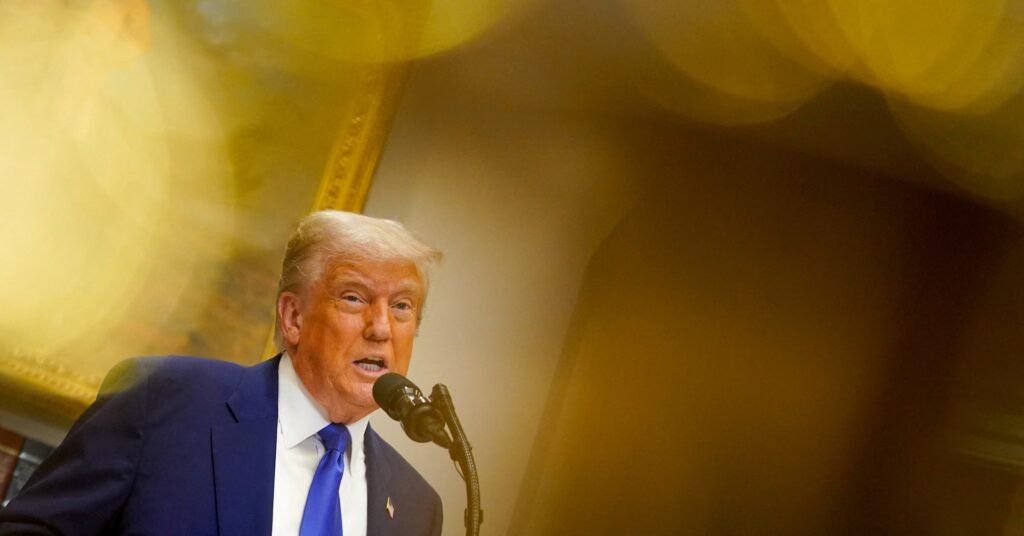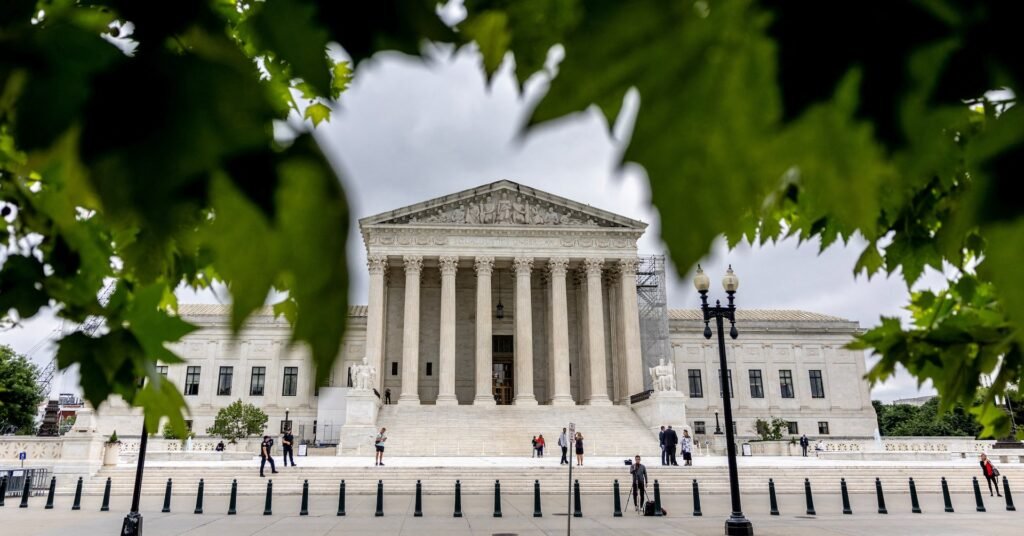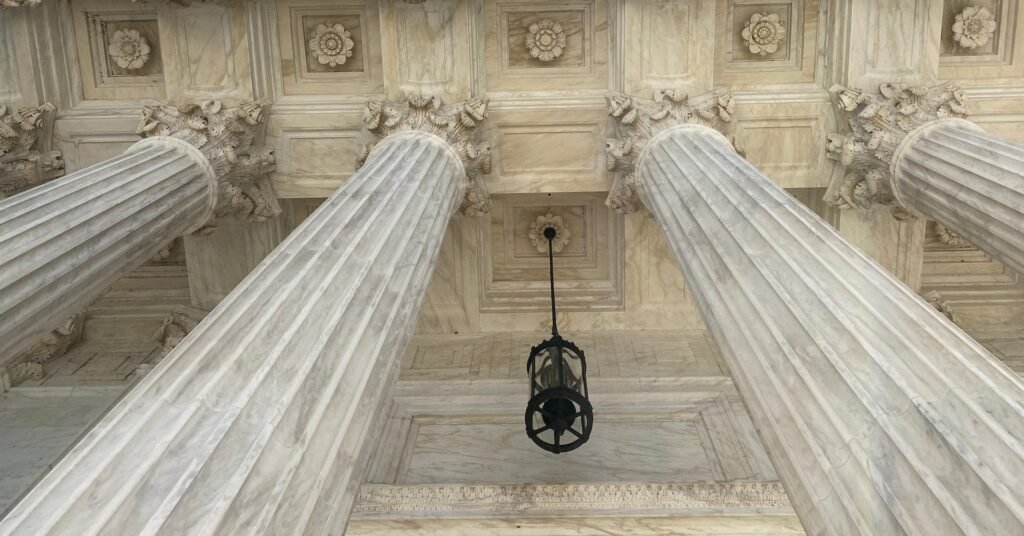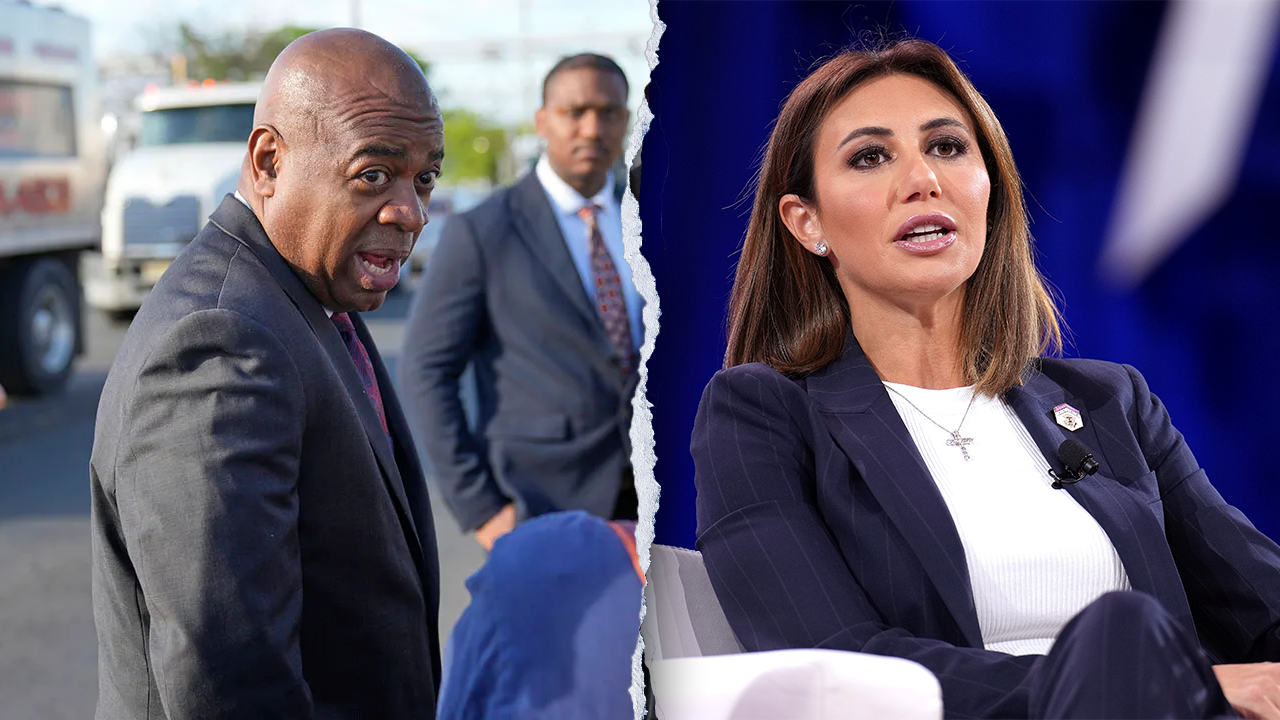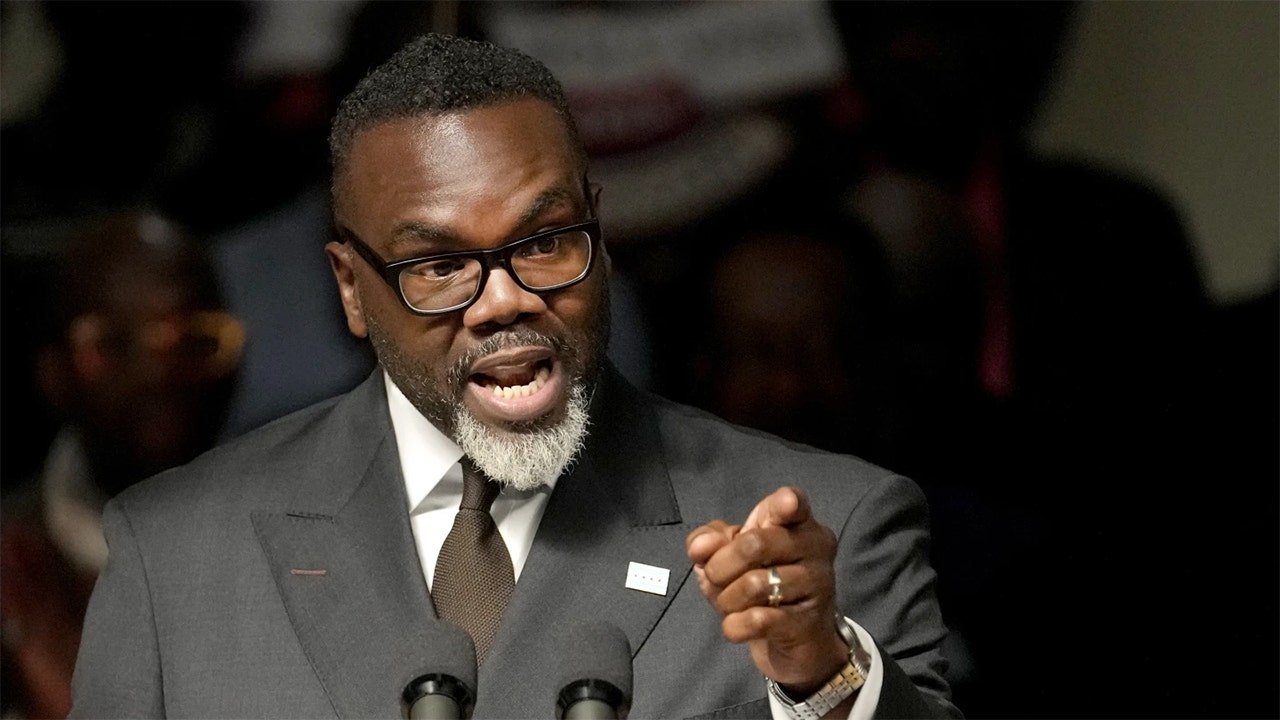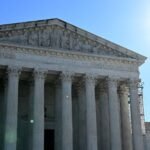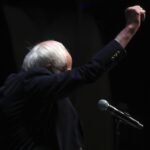Now Reading: US Supreme Court rejects challenge to Alaska campaign finance law
-
01
US Supreme Court rejects challenge to Alaska campaign finance law
US Supreme Court rejects challenge to Alaska campaign finance law
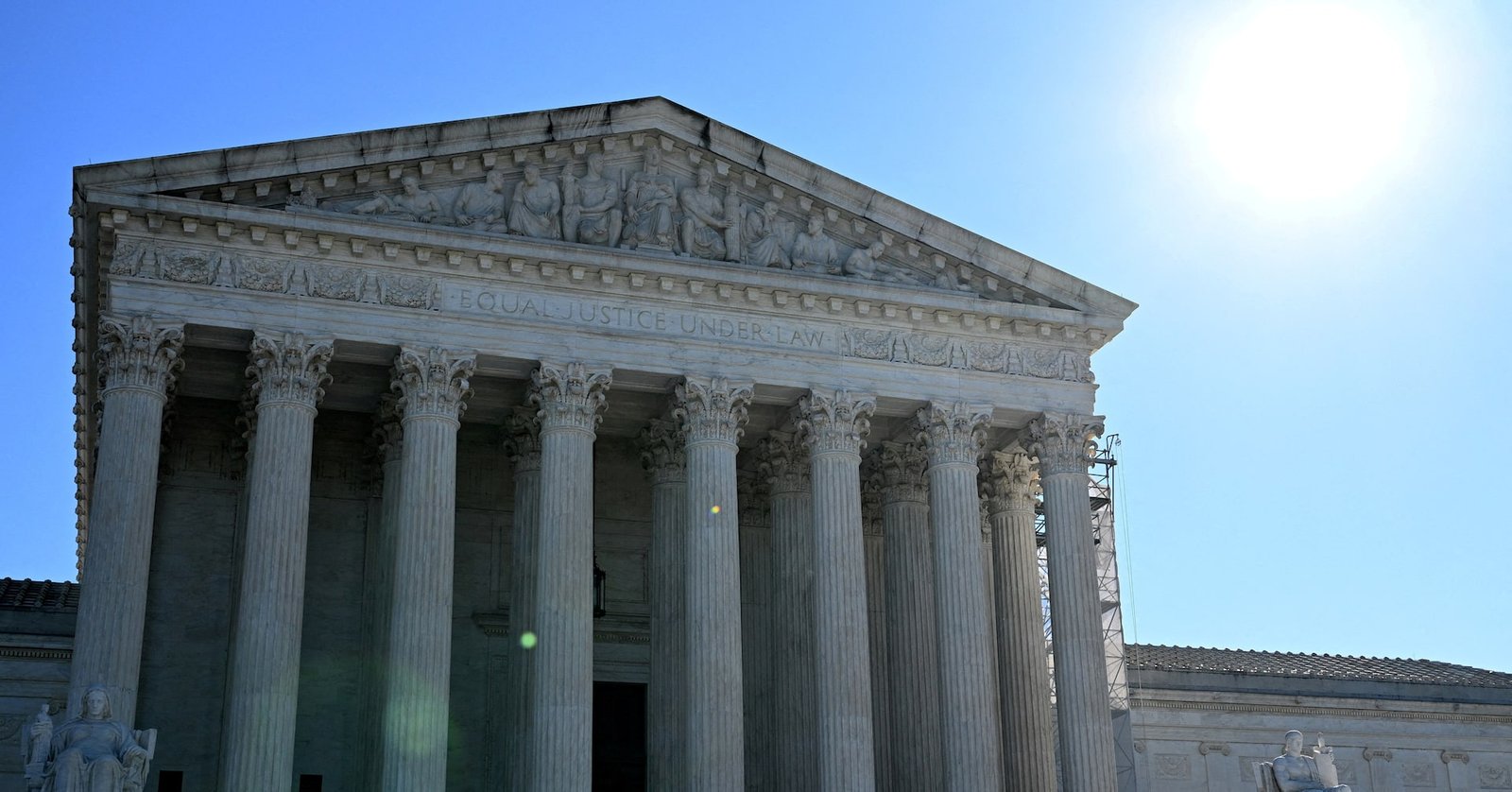
Content Summary
On Monday, the U.S. Supreme Court decided not to hear a case challenging a voter-approved Alaska measure that mandates increased public disclosure of specific political donations. This decision comes amid ongoing debates surrounding campaign finance regulation and the intersection of money in politics and free speech protections under the Constitution.
The Alaska measure aims to enhance transparency by requiring organizations and individuals involved in political spending to disclose their donations. Proponents argue that such measures are essential for a functioning democracy, ensuring that voters can make informed decisions based on the financial influences that may affect political campaigns and policies. In this context, the Supreme Court’s choice to abstain from hearing the case signifies a reluctance to further weaken regulations designed to safeguard electoral integrity and promote transparency.
Opponents of the measure, however, claim that mandatory disclosure infringes on free speech rights. They argue that the requirement may discourage individuals from donating to political causes out of fear of backlash or intimidation. This aspect of the debate highlights the complex balancing act between maintaining an open electoral process and honoring constitutional protections for individual expression and participation in democratic processes.
By declining to take up the case, the Supreme Court has opted not to make a ruling that could potentially impact campaign finance laws nationwide. This leaves existing state regulations intact and suggests a tacit approval of the need for transparency in political contributions. Legal experts suggest that the decision may reflect a broader judicial unwillingness to prioritize the interests of wealthy donors over the public’s right to know who is funding political activities.
Overall, the Court’s inaction indicates a significant moment in the ongoing narrative of campaign finance, where the tension between freedom of speech and the necessity for transparency in political contributions remains unresolved. As discussions about money in politics continue, this case serves as a touchstone for evaluating how the judicial system approaches the evolving dynamics of electoral funding and free expression.
Source: Reuters

